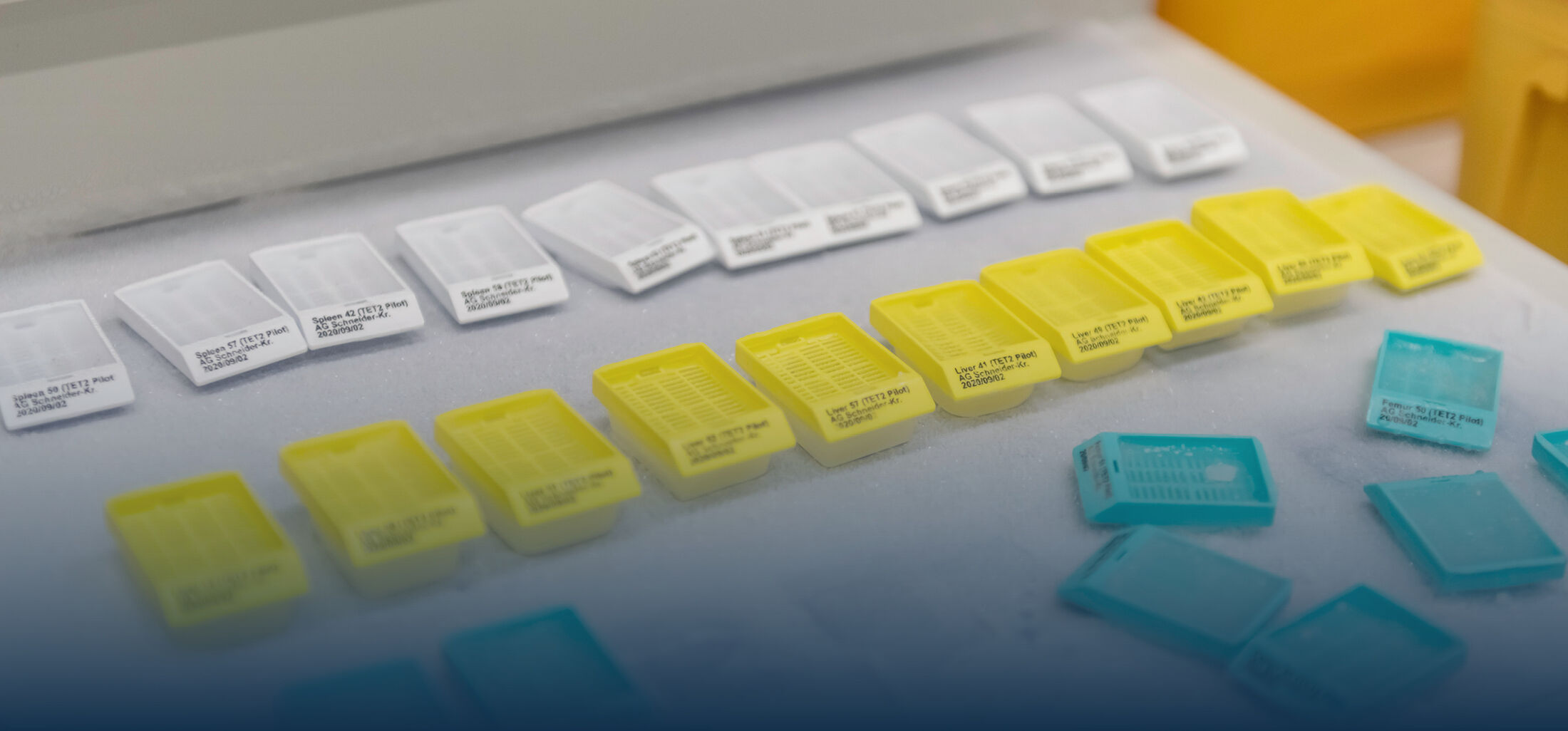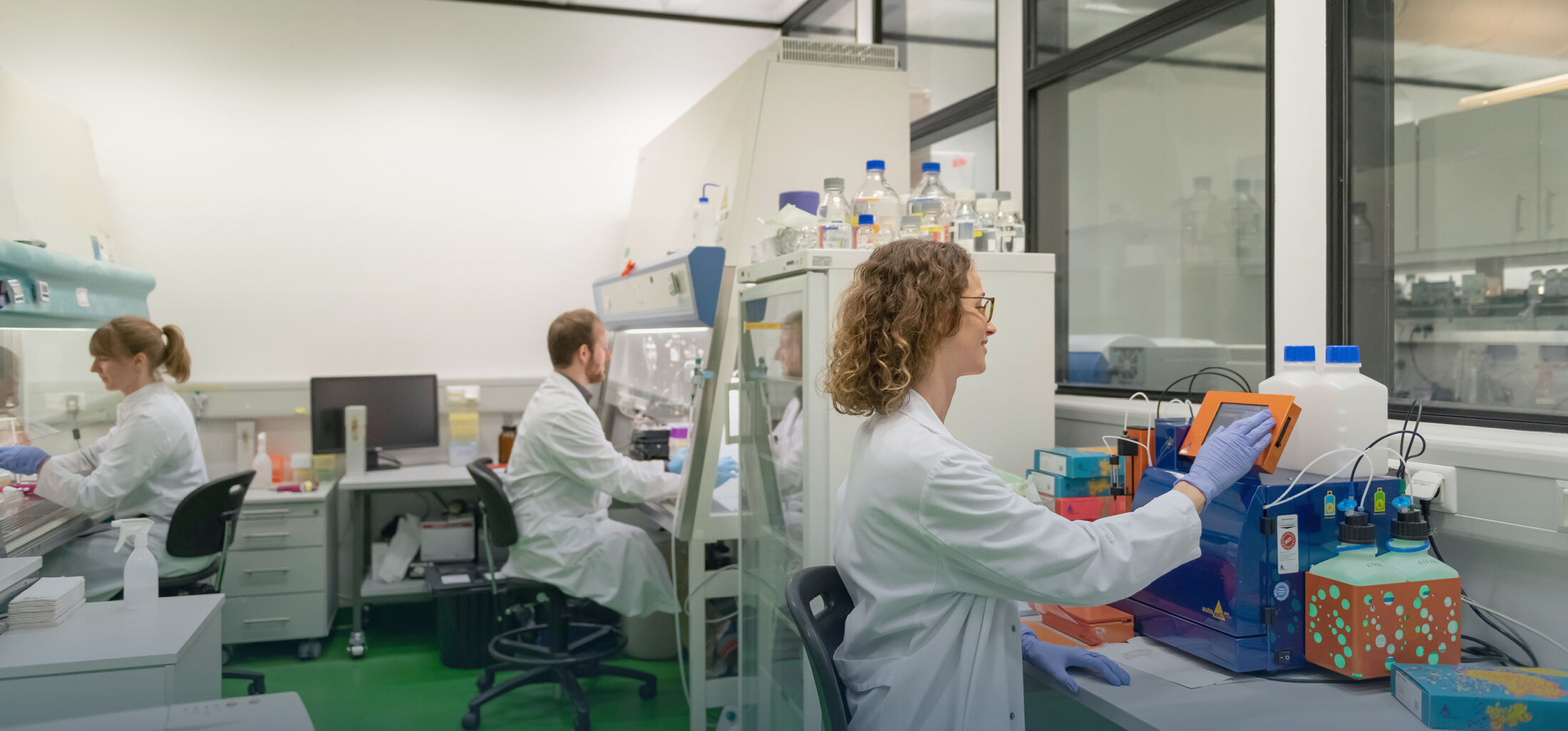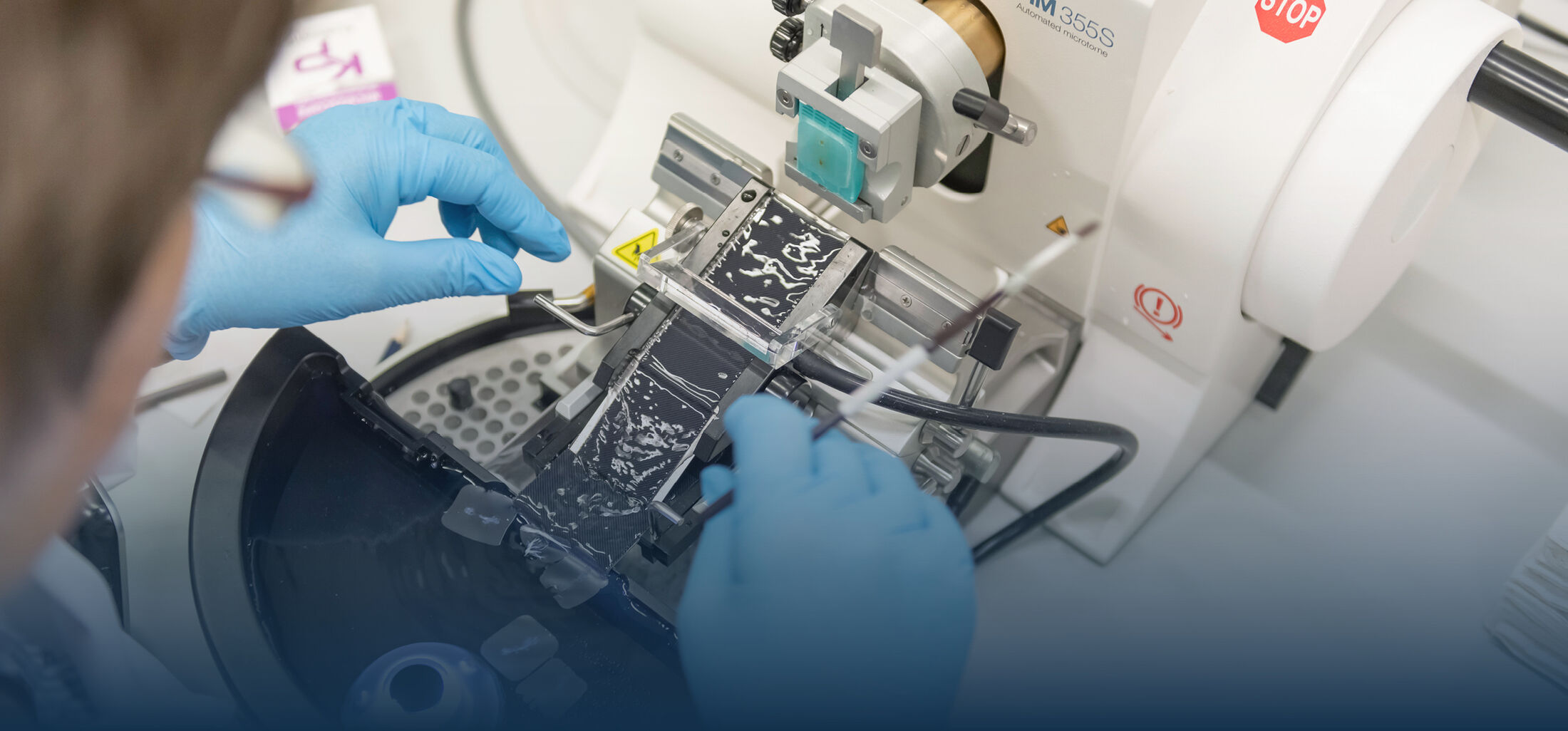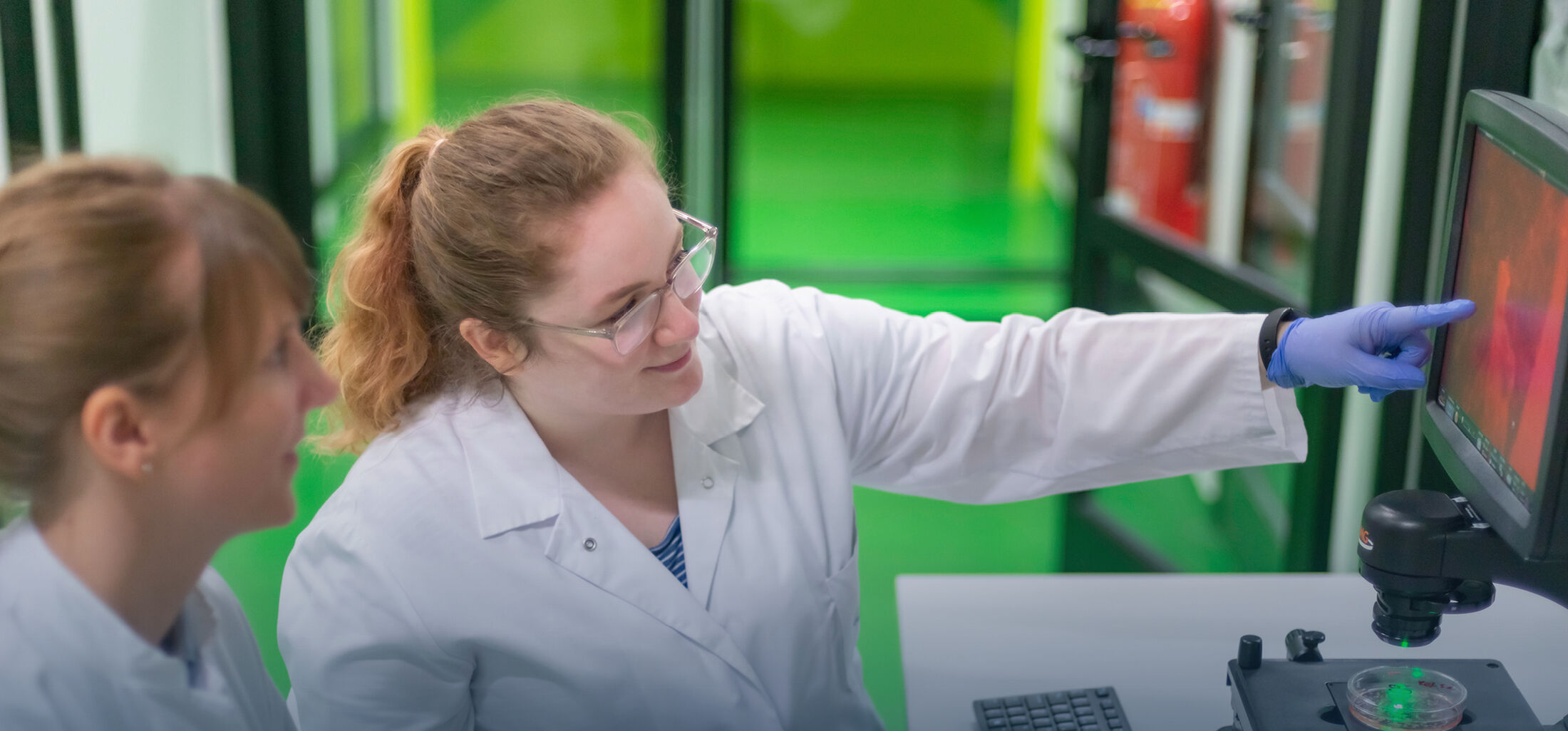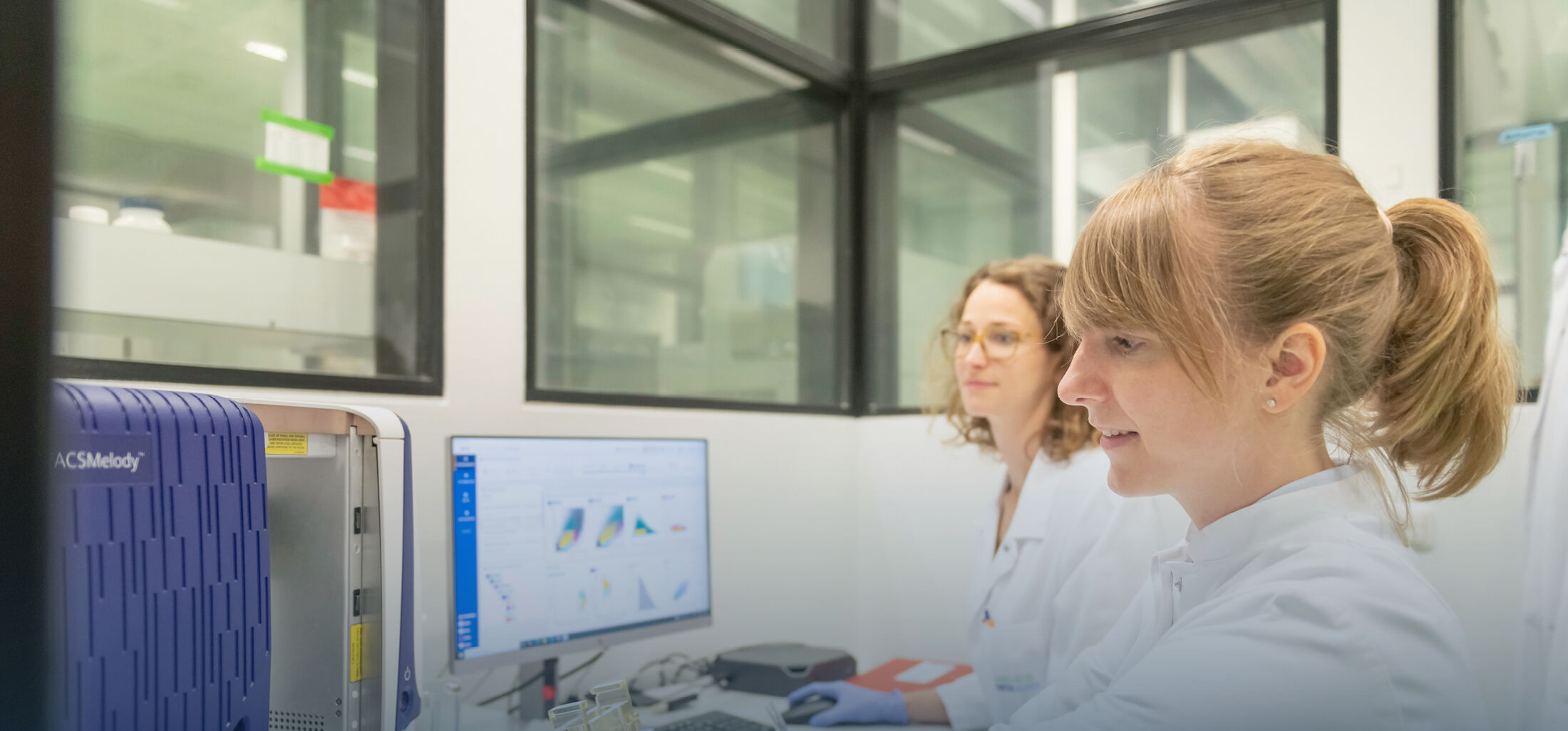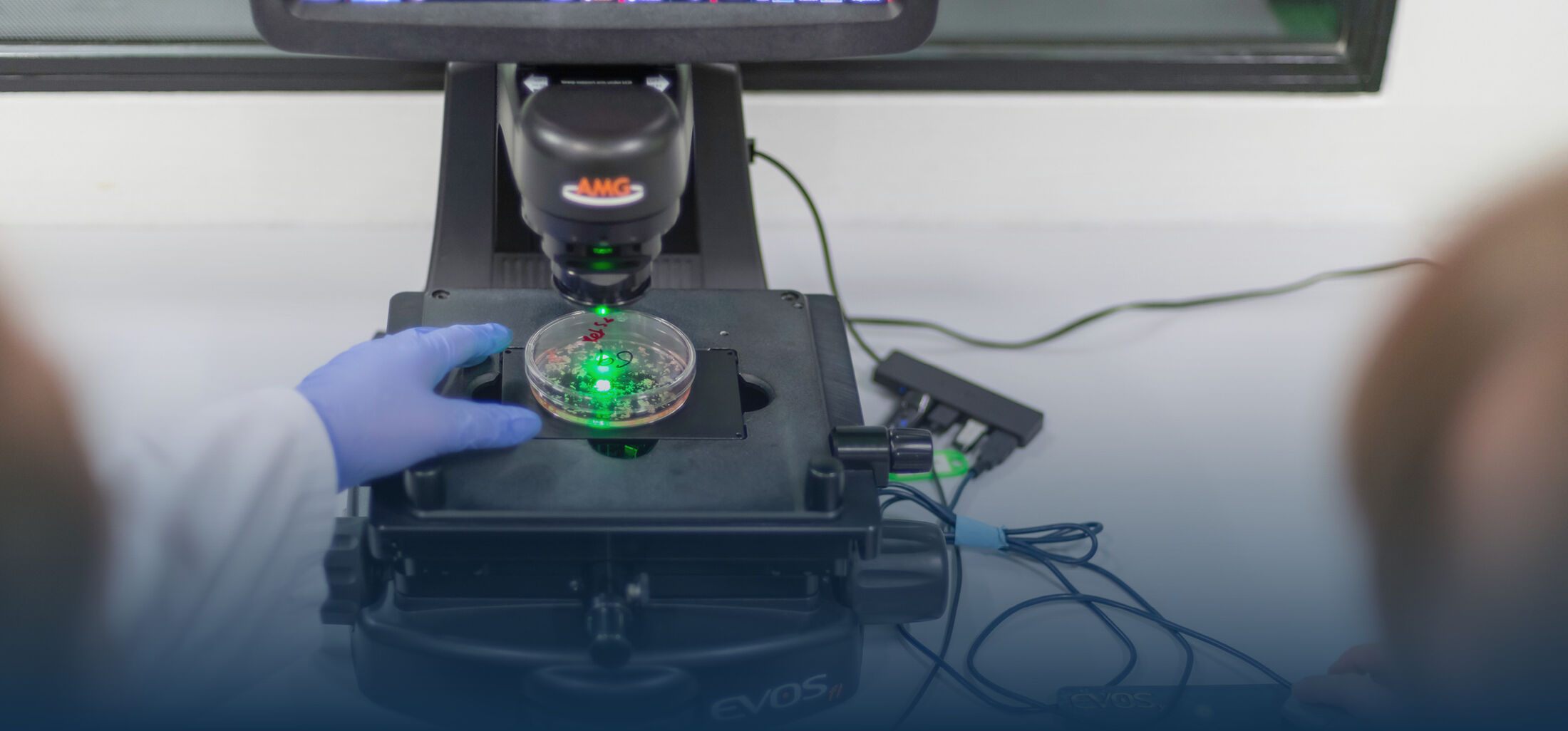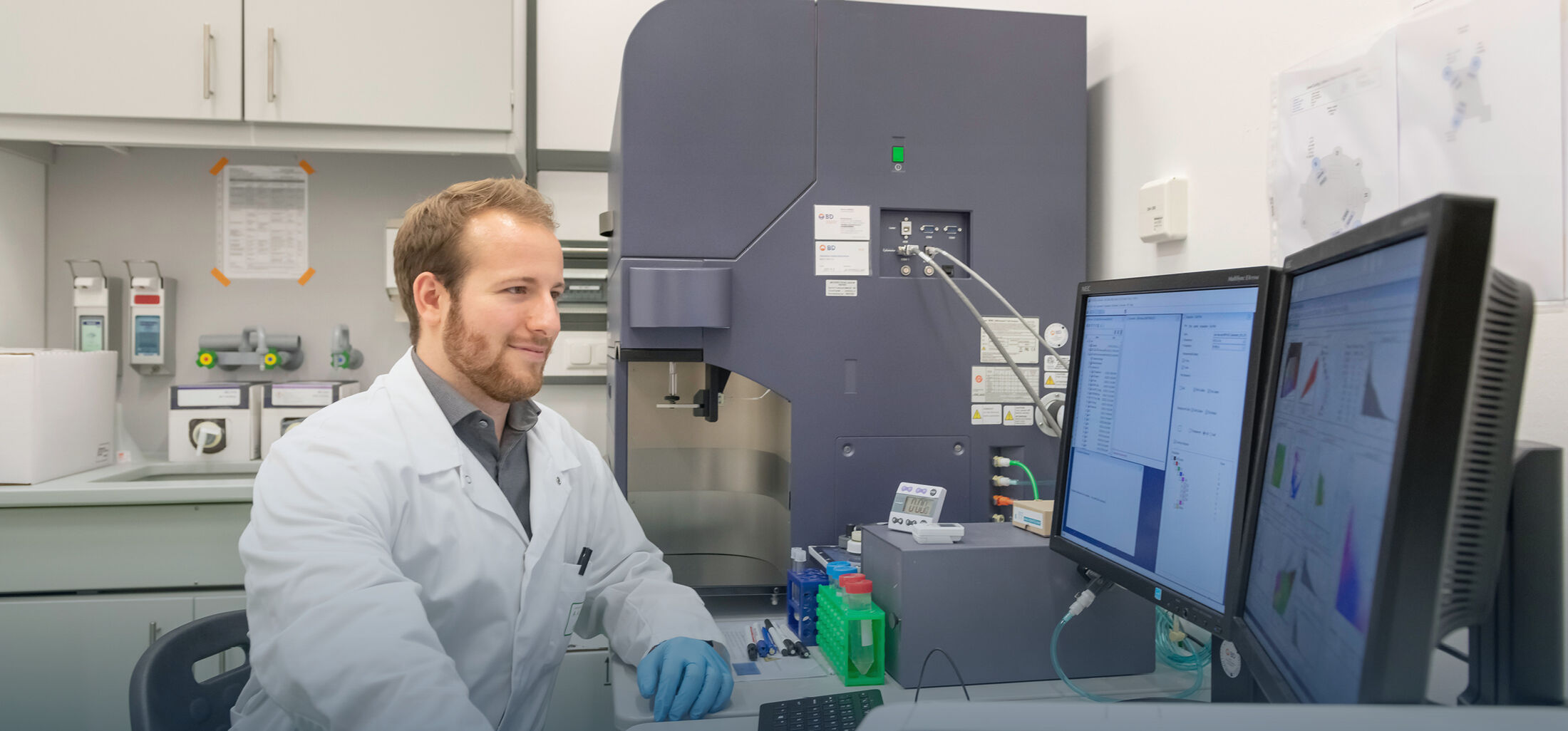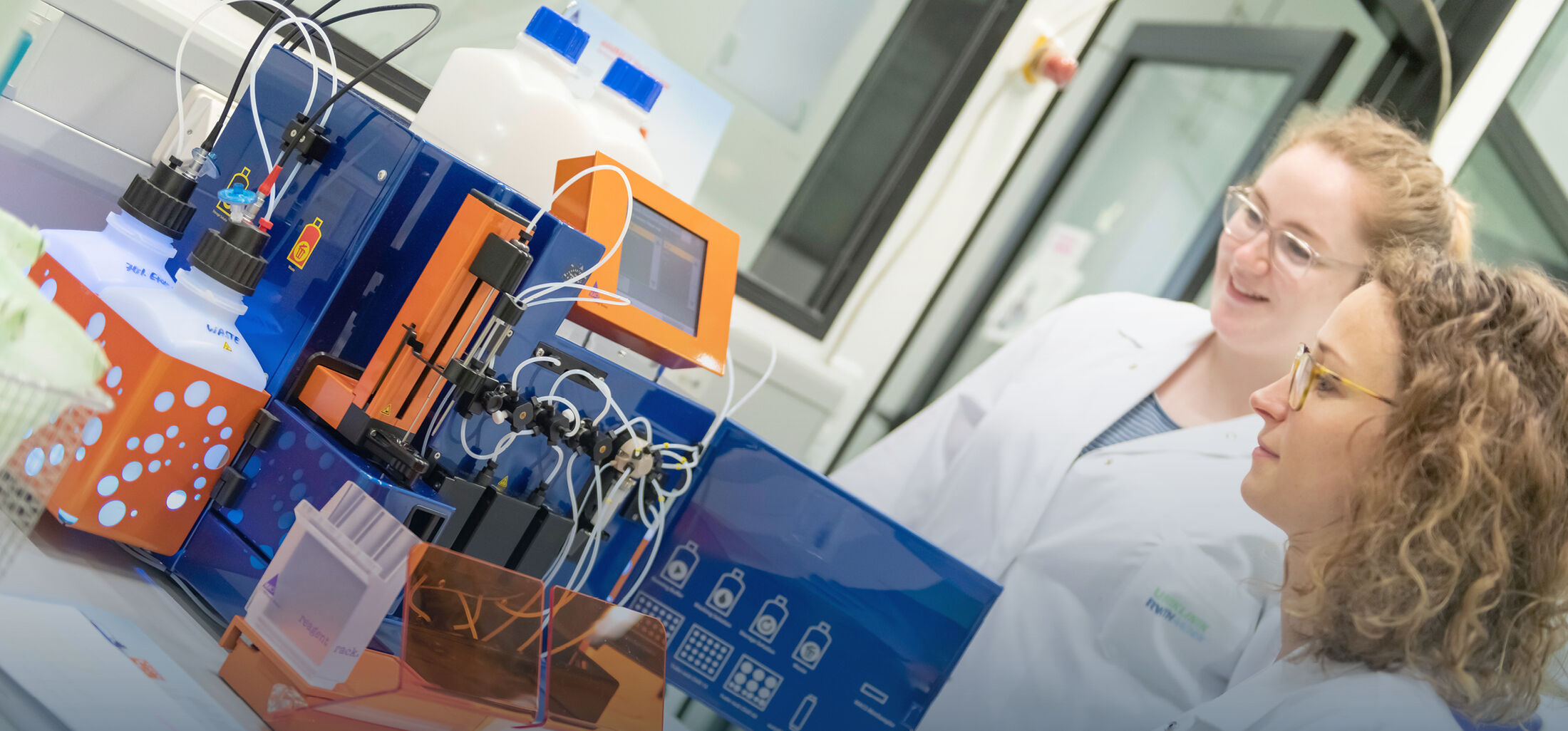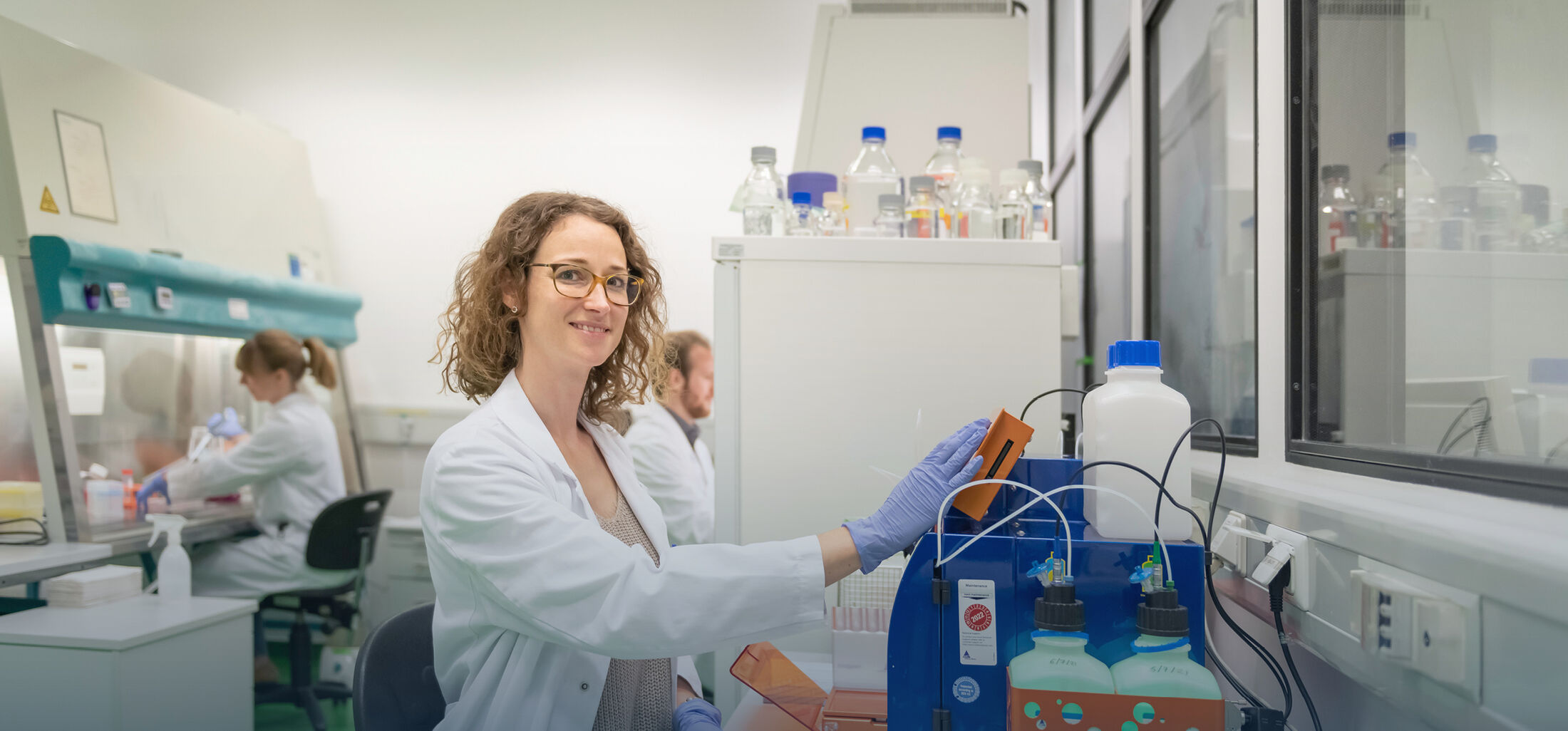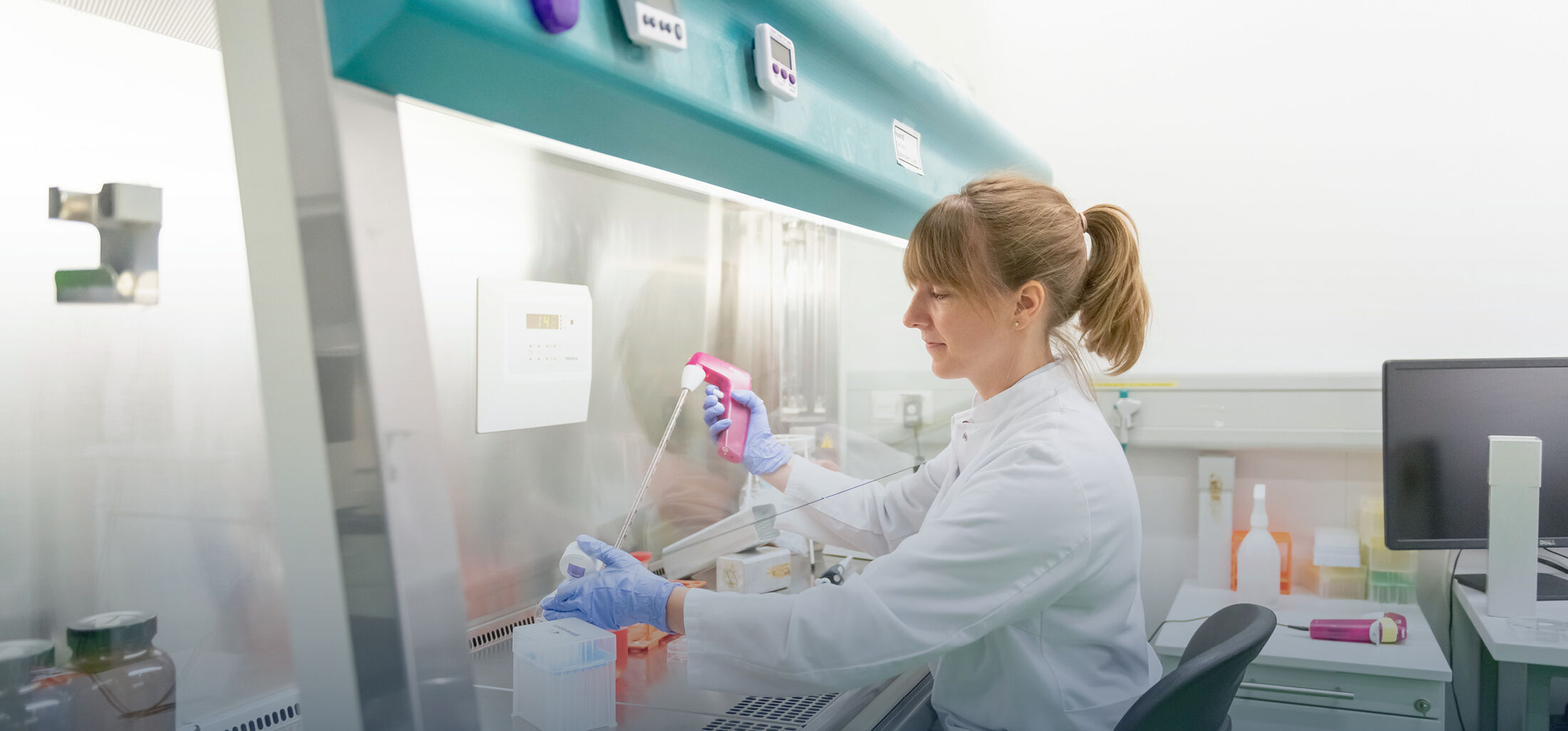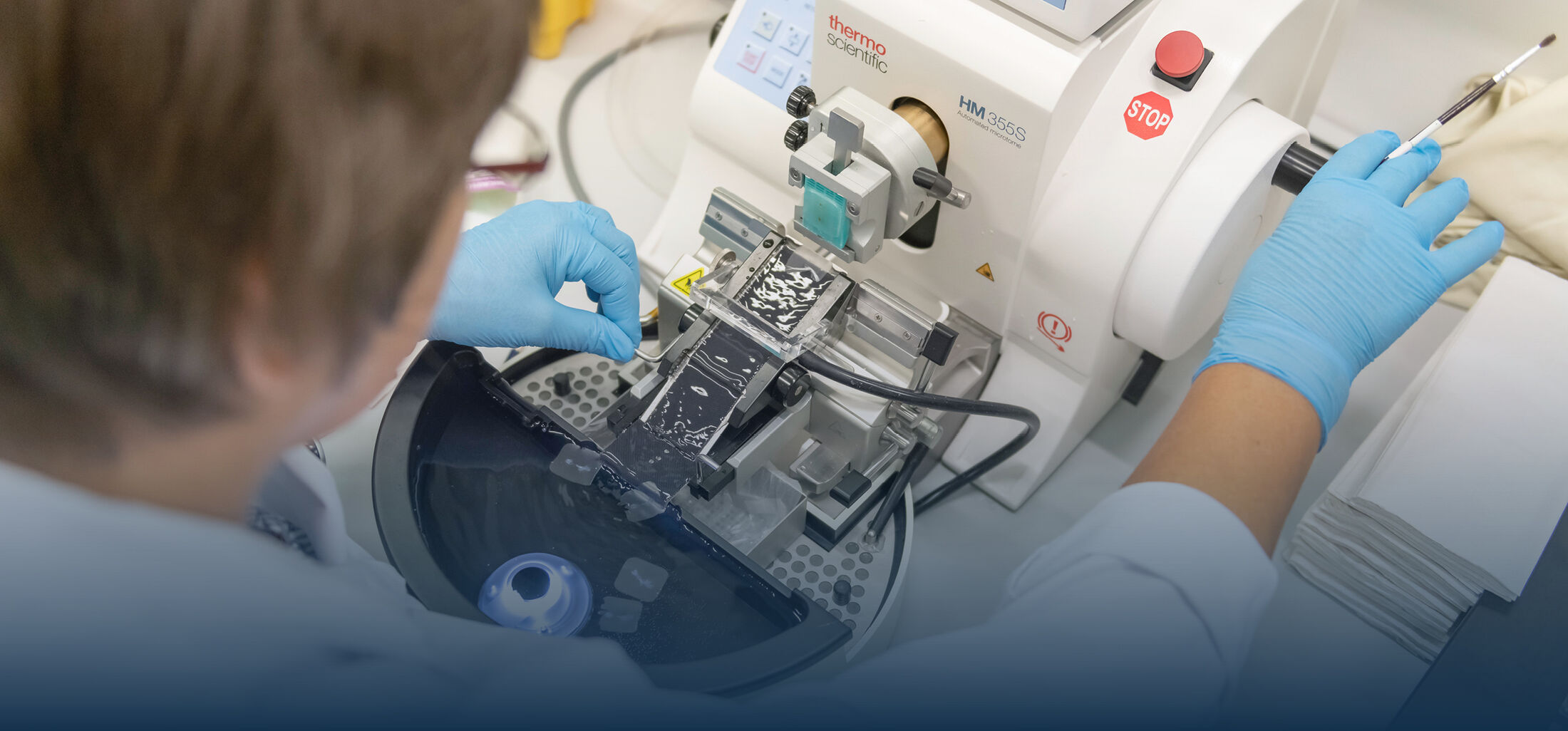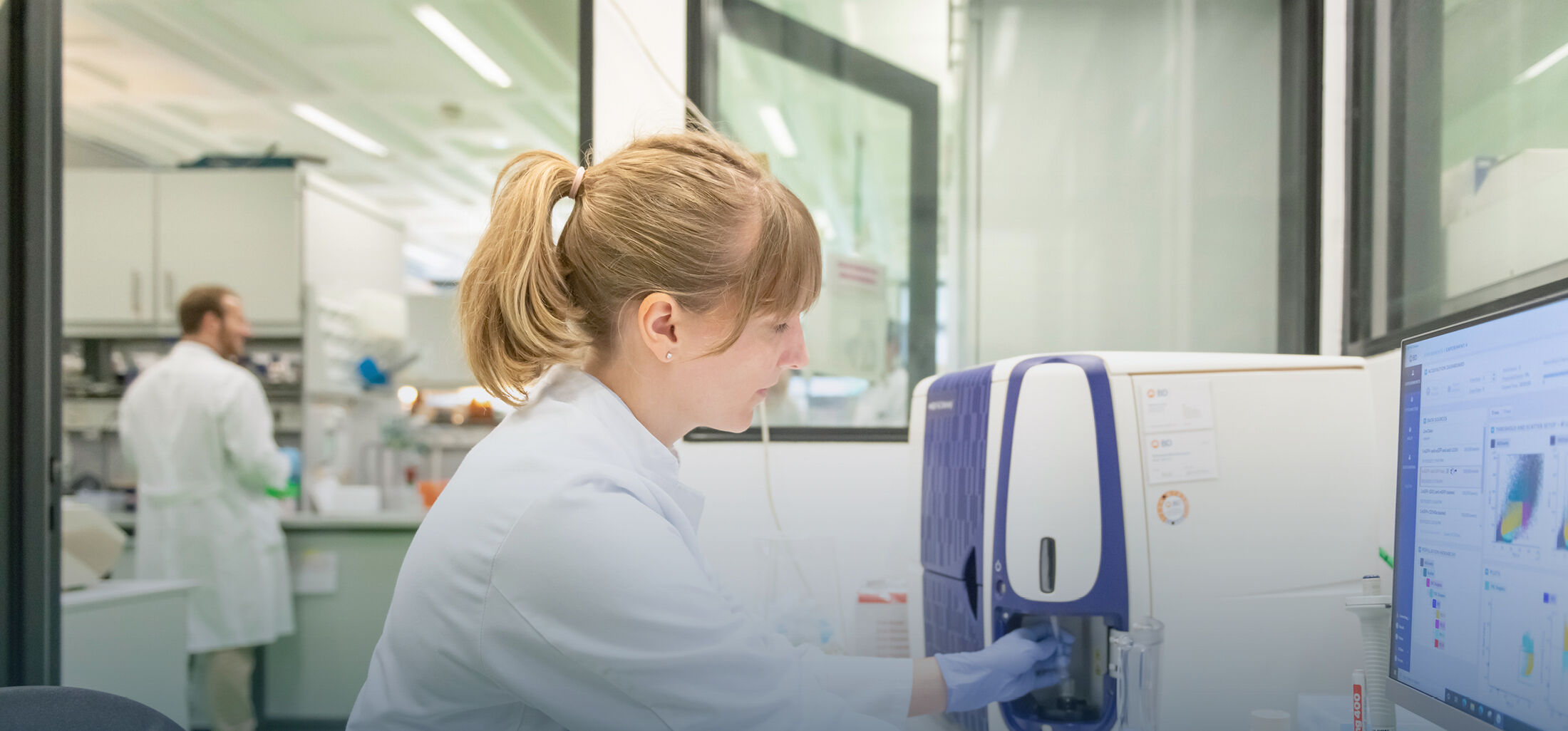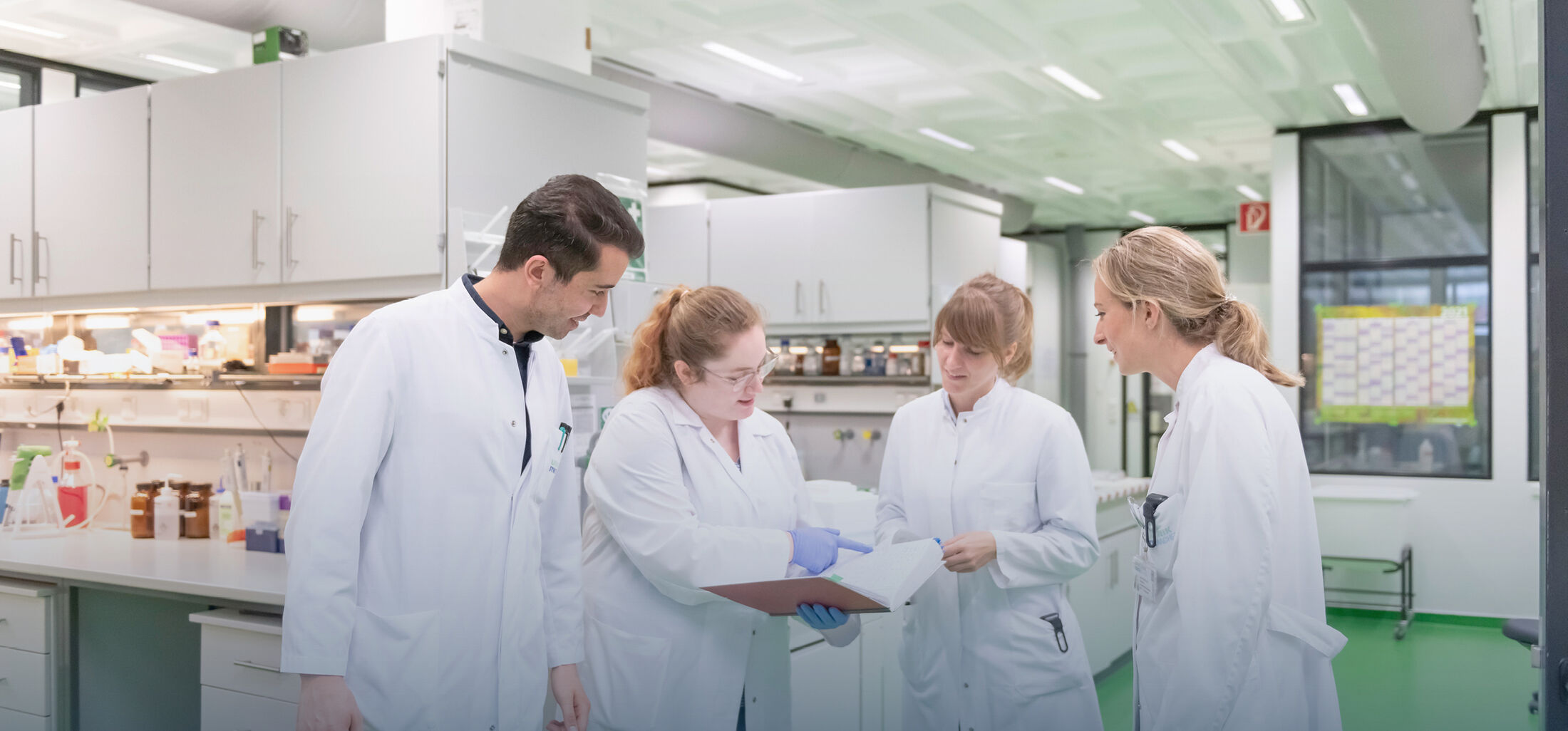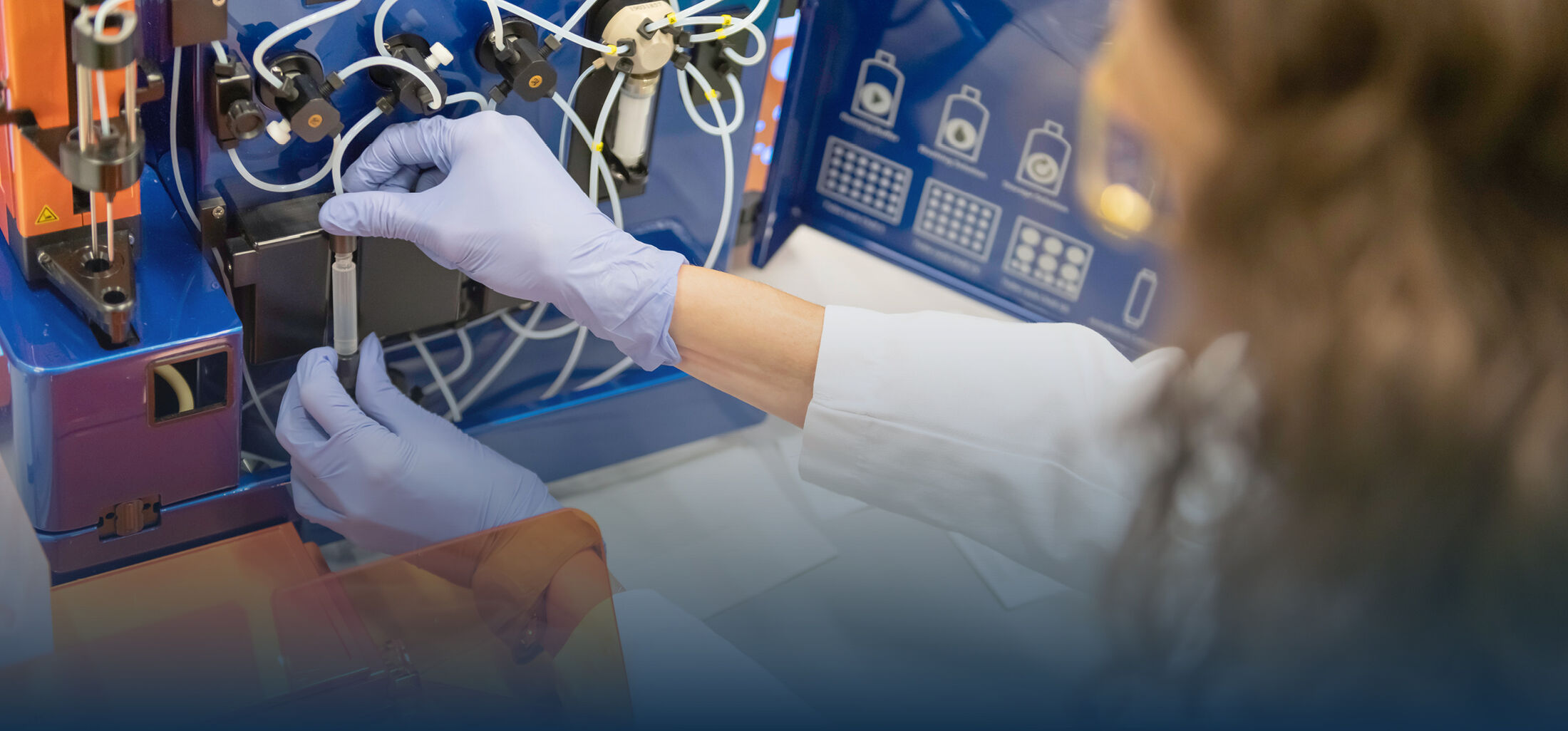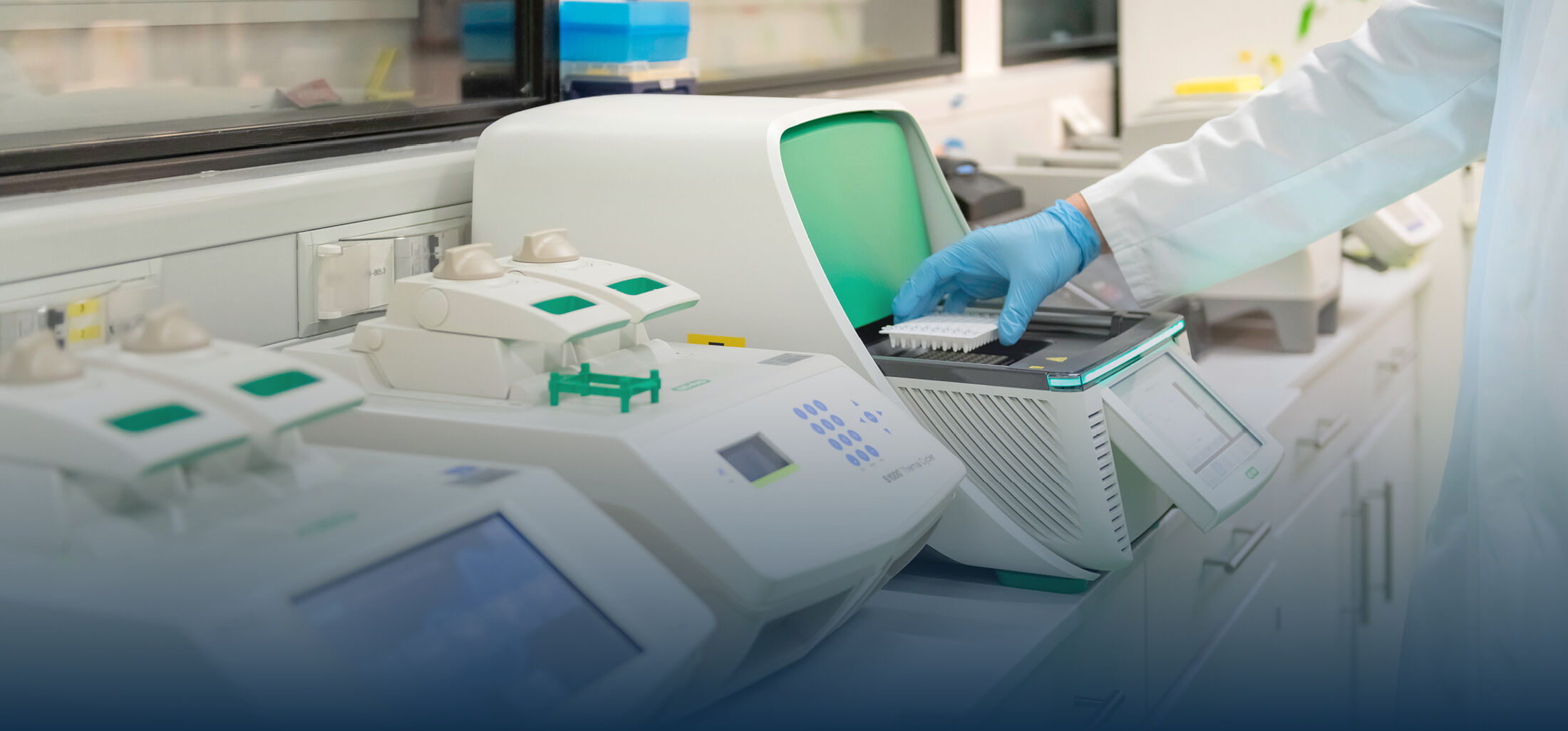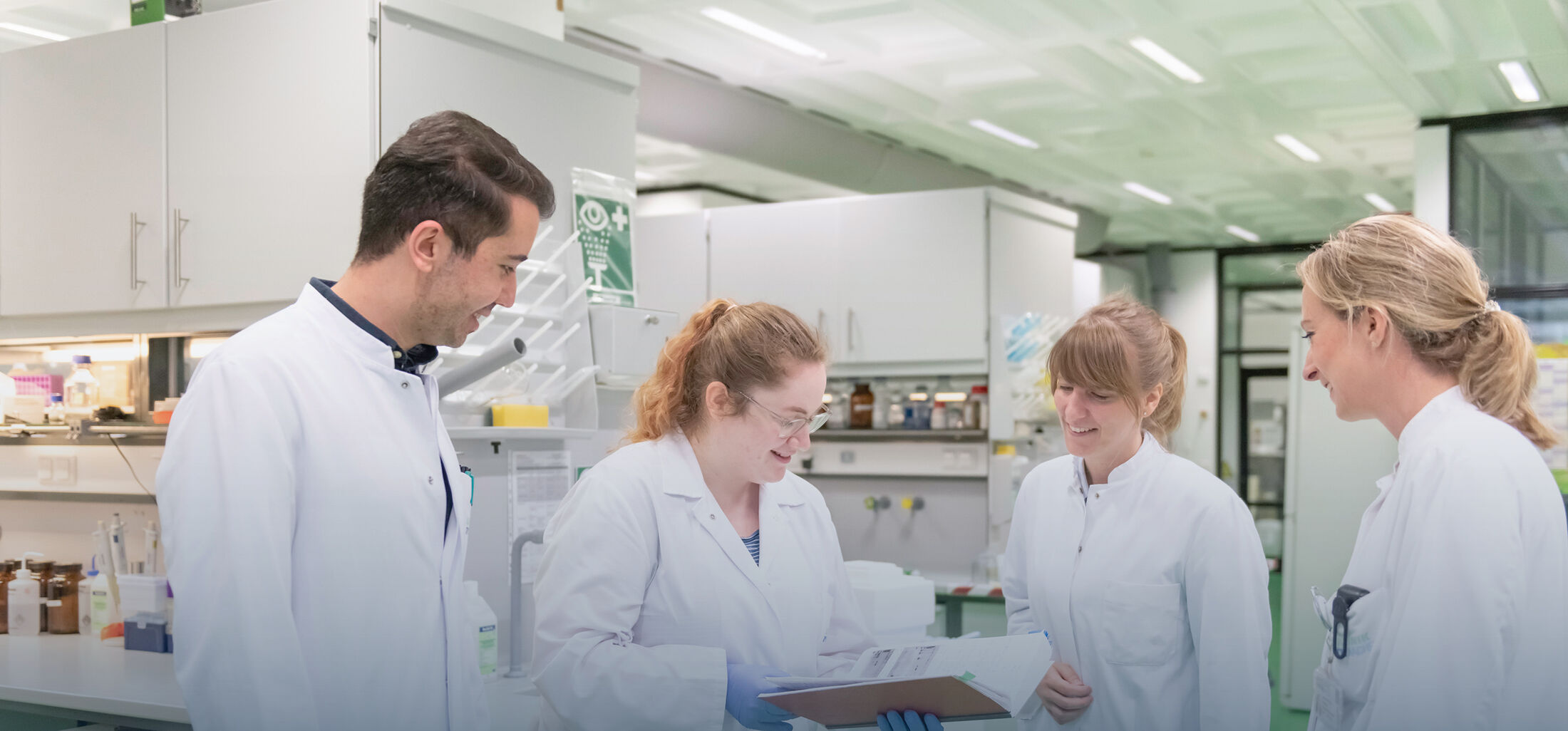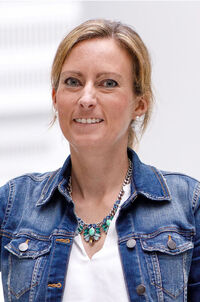News
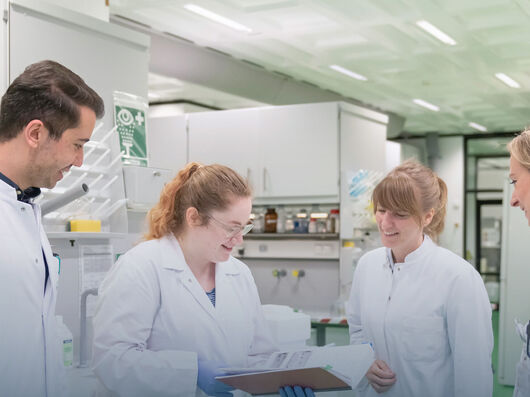
"TasqForce” recruits first patient
We are proud to share that we have contributed to the long journey of turning research discoveries into tangible benefits for patients. Following our 2021 discovery—demonstrated in an animal model of…
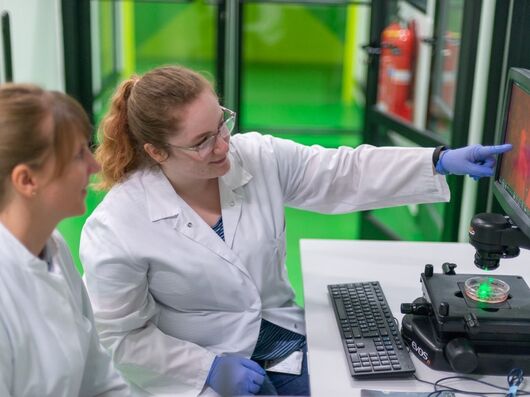
New findings on the role of the Hedgehog signaling pathway in myeloproliferative neoplasms
Researchers have made significant progress in understanding myeloproliferative neoplasms (MPNs), a group of blood diseases characterized by the excessive production of blood cells. Specifically, they…
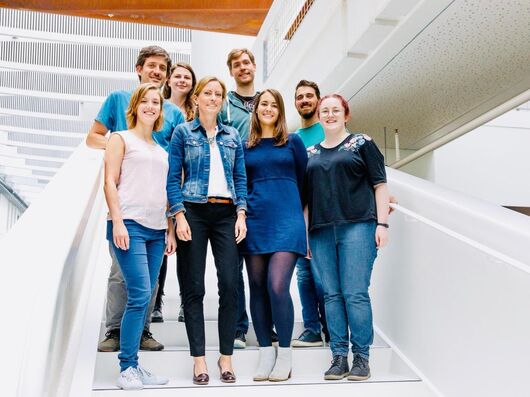
New treatment options discovered for del(5q) myelodysplastic syndrome
A research team led by Prof. Dr. Schneider-Kramann has made significant advancements in understanding the del(5q) Myelodysplastic Syndrome (MDS), a blood disorder characterized by the deletion of part…
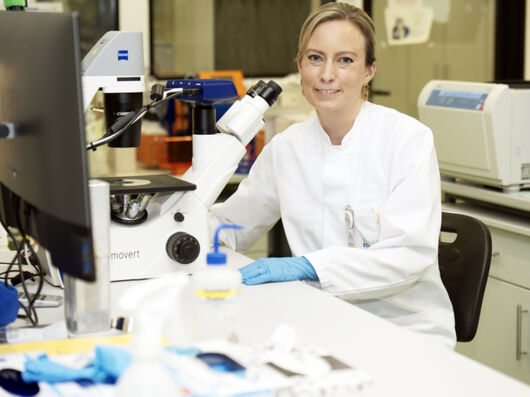
Im Kampf gegen Fibrose im Knochenmark: Prof. Rebekka Schneider-Kramann erhält ERC Consolidator Grant
Rebekka Schneider-Kramanns Forschung ist ein Kampf – gegen die Fibrose. So nennt es die Professorin für Zellbiologie an der RWTH Aachen und Direktorin des Instituts für Zell- und Tumorbiologie an der…
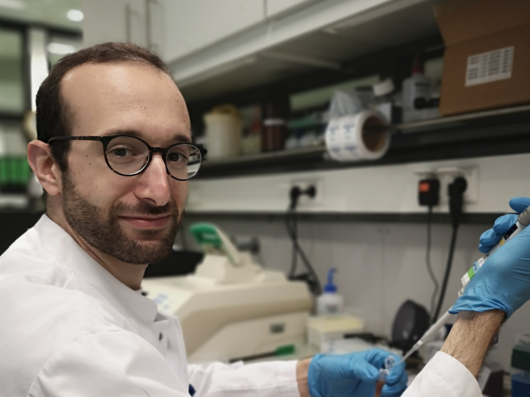
José Carreras-Forschungsstipendium für PhD Adam Benabid
Entwicklung innovativer Behandlungsansätzen in der Leukämie
Dr. Sigrid Uxa vom Universitätsklinikum Leipzig und PhD Adam Benabid von der Uniklinik RWTH Aachen werden für ihre wissenschaftlichen…
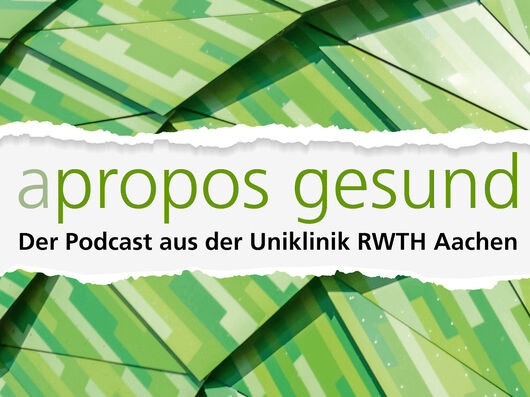
Für die Ohren: Was sagt die Zellbiologin?
Als Knochenmark bezeichnet man das im Zentrum der großen Knochen befindliche, spezialisierte Binde- und Stammzellgewebe. Es ist unter anderem für die Bildung von Blutzellen verantwortlich. Aber wie…
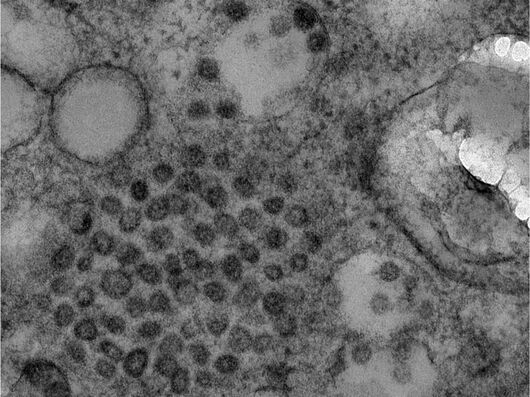
COVID-19 kann Schädigungen der Nieren verursachen
Forscherinnen und Forscher der Uniklinik RWTH Aachen und der Radboud Universität Nijmegen zeigen in einer Studie, dass das Coronavirus SARS-CoV-2 die Nieren infizieren und dabei Gewebevernarbungen,…
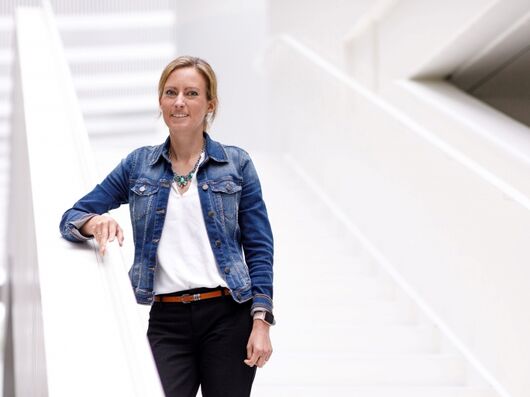
ERC Proof of Concept Grant für Prof. Rebekka Schneider-Kramann
Univ.-Prof. Dr. med. Dr. rer. nat. Rebekka Schneider-Kramann, Leiterin des Instituts für Zellbiologie an der Uniklinik RWTH Aachen, ist vom Europäischen Forschungsrat (ERC) mit einem „Proof of…
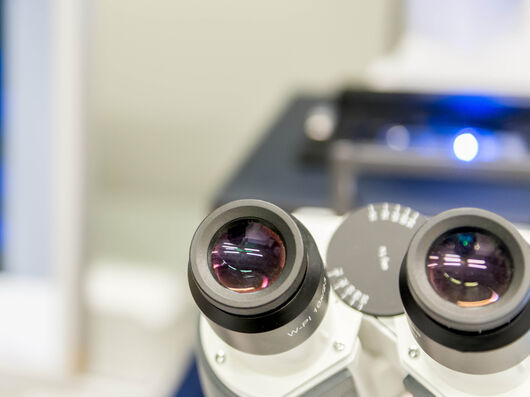
Förderung für Fibroseforschung
Mit 3,3 Millionen Euro fördert das Bundesministerium für Bildung und Forschung (BMBF) das Forschungsprojekt „Spatial Mapping of Single Cells in Fibrotic Disease“, kurz FibroMap, der Uniklinik RWTH…
Institute for Cell and Tumor Biology
About the Schneider Lab
Welcome to the Schneider Lab, a vibrant hub of scientific inquiry and innovation nestled within the Department of Developmental Biology at Erasmus MC, Rotterdam, and the Institute for Cell and Tumor Biology, Uniklinik RWTH Aachen.
At the Schneider Lab, we are driven by a profound commitment to understanding and combating clonal myeloid neoplasms. Through a multidisciplinary approach that spans genomics, proteomics, CRISPR Cas9 gene editing, and advanced 3D cell-culture modeling, our research delves into the complex regulation of hematopoietic stem cells in myeloid malignancies. Our mission is clear: to identify and validate novel therapeutic targets capable of eradicating disease-initiating cells and transforming patient outcomes.
Our team thrives in an open, friendly, and diverse international environment, fostering collaboration across borders and disciplines. We utilize cutting-edge technologies, including various single-cell genomic tools and transgenic mouse models, to unravel the cellular and molecular mechanisms underpinning disease. This concerted effort enables us to explore innovative treatment strategies and bring forth groundbreaking discoveries, such as our work on the cellular drivers of bone marrow fibrosis and the regulation of hematopoietic stem cells in del(5q) MDS.
Direktorin
Univ.-Prof. Dr.
Rebekka Schneider-Kramann
Kontakt
Uniklinik RWTH Aachen
Pauwelsstrasse 30
D-52074 Aachen
Sekretariat
Eveline Mierau
Tel.:
+49 241 80-80760 (Büro)
+49 241 80-80759 (Sekretariat)
Fax: +49 241 80-82008
eveline.mieraurwth-aachende
Standort: Uniklinik RWTH Aachen, Etage -1, D1-D2, Raum 5
LinkedIn
